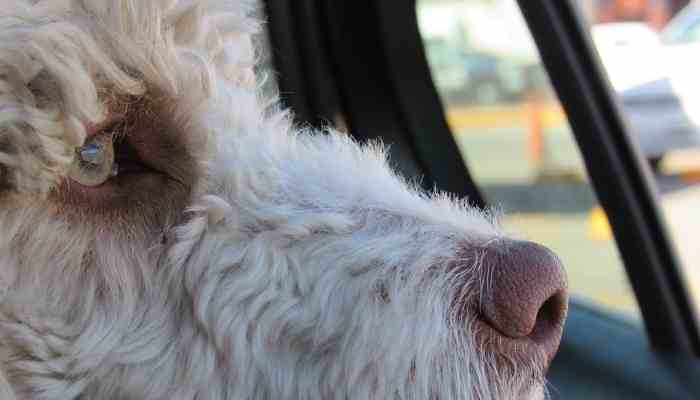As dogs age, they may experience a range of health issues, including anxiety. Senior dog anxiety at night is a common problem that can affect both the dog and their owners. Older dogs may become more anxious at night due to changes in their routine, health issues, or cognitive decline. Understanding the causes of senior dog anxiety at night and implementing strategies to manage it can help both the dog and their owners get a restful sleep.
One of the main causes of senior dog anxiety at night is changes in routine. As dogs age, their bodies may become less tolerant of certain foods, medications, or activities. Additionally, senior dogs may experience changes in their vision or hearing, which can cause them to become disoriented or anxious at night. Maintaining a consistent routine, such as feeding and walking schedules, can help senior dogs feel more secure and less anxious at night.
Another common cause of senior dog anxiety at night is health issues. Older dogs may experience pain or discomfort due to conditions such as arthritis, which can be exacerbated at night. Additionally, senior dogs may experience increased urination or incontinence, which can cause them to feel anxious or uncomfortable. Managing any underlying health issues and providing appropriate pain relief can help reduce senior dog anxiety at night.
Cognitive decline is another potential cause of senior dog anxiety at night. Older dogs may experience confusion or memory loss, which can make them feel anxious or disoriented at night. Providing a calm and familiar sleeping environment, such as a familiar bed or a nightlight, can help ease anxiety and improve sleep quality for senior dogs.
There are several strategies that owners can use to help manage senior dog anxiety at night. Creating a calm and comfortable sleeping environment is key. This can include providing a comfortable bed, limiting noise and light, and using calming scents such as lavender or chamomile. Additionally, owners can try providing a warm blanket or hot water bottle, as warmth can help soothe anxious dogs.
Behavioural interventions such as exercise and training can also be effective in reducing senior dog anxiety at night. Regular exercise, such as walks or playtime, can help tire out senior dogs and reduce their anxiety levels. Training techniques such as positive reinforcement can also help senior dogs feel more secure and confident.
In some cases, medications may be necessary to manage senior dog anxiety at night. Veterinarians may prescribe anti-anxiety medications, such as benzodiazepines or tricyclic antidepressants, to help manage anxiety and promote restful sleep. However, medication should only be used under the guidance of a veterinarian, as some medications may have potential side effects or interactions with other medications.
In conclusion, senior dog anxiety at night is a common problem that can be caused by changes in routine, health issues, or cognitive decline. Understanding the underlying causes and implementing strategies to manage anxiety, such as creating a calm and comfortable sleeping environment, providing regular exercise and training, and using medications if necessary, can help both senior dogs and their owners get a restful sleep. With proper care and management, senior dogs can continue to enjoy a high quality of life well into their golden years.



